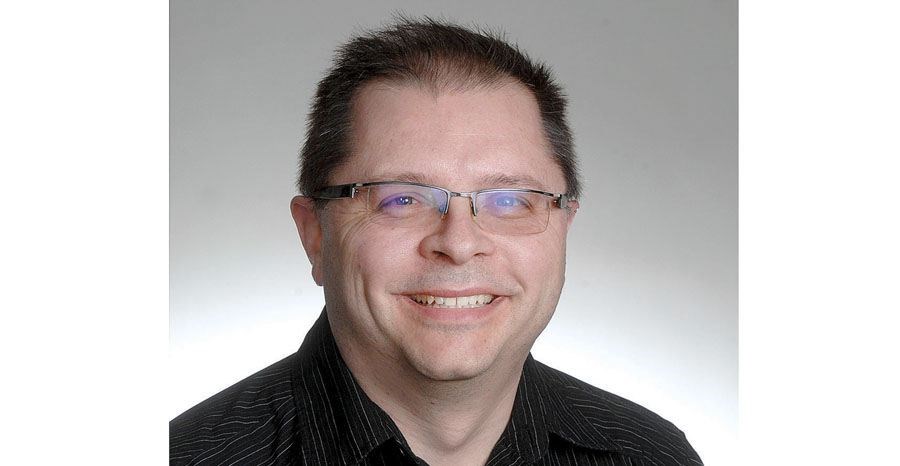There is plenty to learn for every parent in Sue Klebold's book A Mother's Reckoning: Living in the Aftermath of Tragedy. Klebold's son, Dylan, and his friend, Eric Harris, murdered 12 of their fellow students and one teacher before taking their own lives at Columbine High School near Denver in April 1999.
Klebold also has some advice for journalists covering murder-suicides and other traumatic community events.
She makes a powerful argument for news media outlets to restrain their reporting of murder-suicides, by treating the events more as as suicides and less as murder. She understands the desire of both journalists and citizens to want to know why someone like her son would do such horrible things. She wanted to know herself, as a mother trying to reconcile the image of her loving and thoughtful boy with the angry young man he kept hidden from her.
Those biographical portraits of killers, featuring graphic detail about what they did and how they did it, trigger other feelings than just morbid curiosity and outrage in some people.
"(I received) chilling letters from alienated kids expressing admiration for Dylan and what he'd done," she writes. "Adults who had been buillied as children wrote to tell us they could relate to the boys and their actions. Girls flooded us with love letters. Young men left messages on our answering machine calling Dylan a god, a hero."
Some people -- and Klebold's son was one of them -- transform their pain into anger and hate. When these individuals see others lash out at the world in violent ways, it legitimizes those feelings and makes them feel connected to the perpetrators.
People in general and teenagers in particular are prone to feeling no one understands the hurt they carry. For a young person harboring suicidal fantasies and murderous rage beneath a smiling veneer, a story about the Columbine killers isn't a warning, it's a validation.
With that in mind, Klebold urges journalists to stop naming killers, to stop saying what they did and how they did it. She yearns for a day when it will be "unthinkable to publish a killer's mug shot over the number of people he killed and injured in bright, blood red."
Citizen readers have also challenged us over the years and in recent months to report crimes and court proceedings with more sensitivity.
Some felt that we never should have named Cody Legebokoff or printed his photograph, focusing more on his victims and the anguish of their friends and family. Other readers have passionately protested the publication of gruesome details revealed in the Legebokoff trial and other criminal proceedings, particularly ones involving sexual assault, arguing our reporting has further victimized those suffering from the effects of these crimes and is not in the wider public interest.
Klebold's request sounds reasonable in theory. In practice, however, imagine the outcry of news outlets had refused to identify Legebokoff. Rightfully so, reporters and editors would have been accused of protecting the identity a young white male who killed aboriginal women. In the case of Columbine, the public, starting with the family and friends of the victims living and dead, would not have stood for protecting the identify of two teenaged mass murderers.
Klebold ignores the fact that most people want to put a name and a face to the worst offenders, there is a deep-seeded desire to know who's responsible. What she perceives as glorification is far more the act of public shaming. What she perceives as allowing vulnerable, hurt souls the opportunity to identify with killers like her son is the act of horrified individuals distancing themselves from such people, reinforcing their own humanity by dehumanizing the individuals behind such inhuman acts.
The frightening central theme of Klebold's book is that there are monsters among us, individuals able to hide their true identities with facades that fool their families and their friends. For the news media to refuse to name killers is to allow them to continue to hide their identities, an even more frightening prospect.
Evil doers need to have names and evil acts need to be chronicled, not to immortalize the individuals and glorify their acts, but to remind us this conduct is unacceptable and those responsible must be stopped and punished.
Related:
http://www.princegeorgecitizen.com/opinion/editorial/covering-allegations-1.2191294
http://www.princegeorgecitizen.com/opinion/editorial/agreeing-to-disagree-1.2157341



